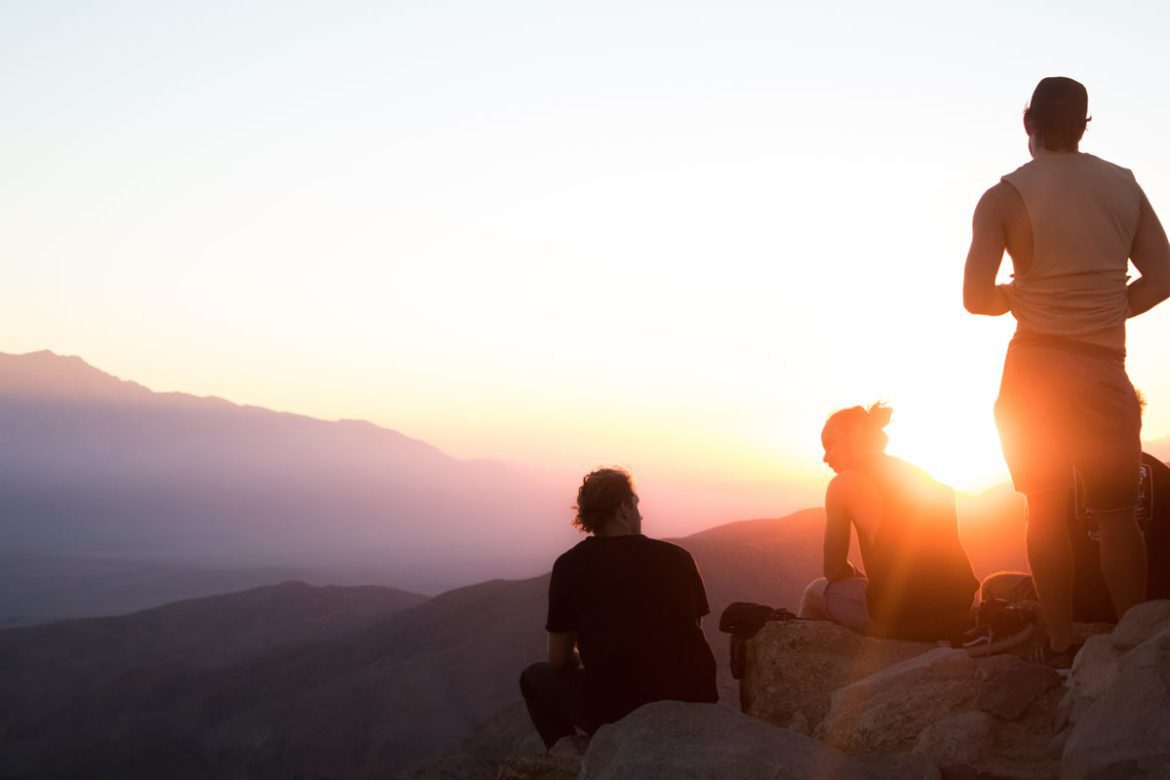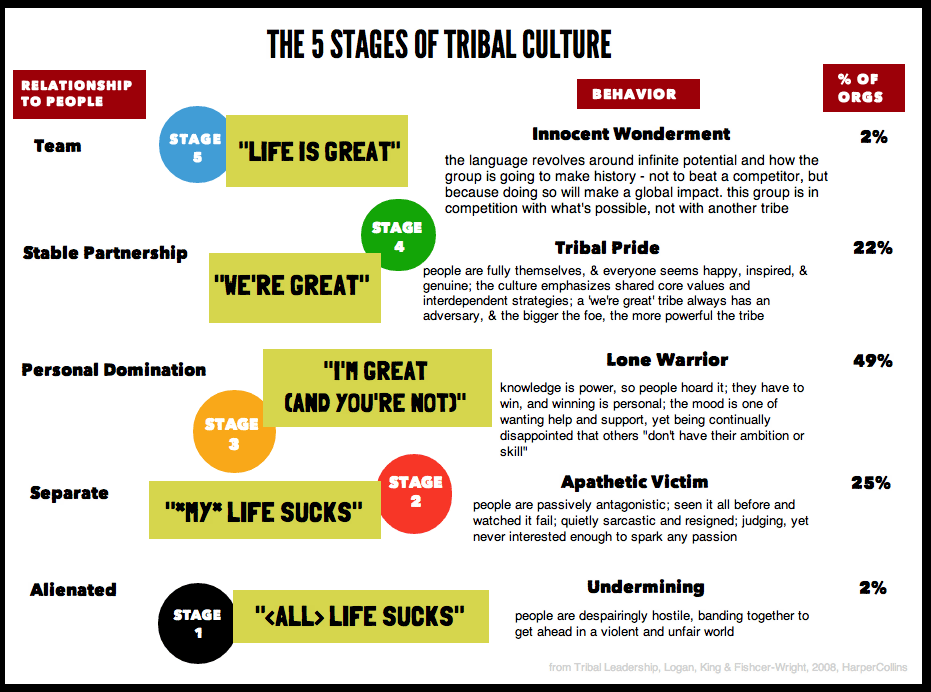For Millennia the human race has had an intrinsic desire for tribalism. That loyalty, protection and camaraderie we find in the people we choose to surround ourselves with is important on a very primal level and not only determines who we are as individuals, but how we view and treat the world around us.
The importance of finding your tribe shouldn’t be underestimated. A tribe harbours an environment for generating new ideas for work and life whilst also fostering a sense of community which is vital for a healthy productive life. These groups can provide a sense of purpose, a reason to interact with others and even provide health and wellbeing benefits.
Increasingly, we have become disconnected from our tribe in the modern world. We know our people are out there – somewhere, anywhere – but we feel lost and disconnected from them. We seek them, we scroll past them, but they keep eluding us. Without our tribe, we may wind up feeling distanced, depressed, spiritually disconnected, even sick.
In modern Western democracies, individualism has begun to reign supreme. The goal of many is to be an individual who marches to the beat of their own drum unrestrained by others. Individuals who prefer tribalism are often looked at with suspicion or disdain. But what if our quest for individualism and independence is actually making us miserable? What if belonging to a tight-knit group that requires loyalty and self-sacrifice is actually the key to feeling fulfilled?
Finding Your Tribe
Sports fans, beatniks, study groups, musicians, cultures, parenting circles, scientists, religious sects, sexual preferences, lobbyists, art, travel, animal lovers, interior design aficionados, fashionistas… the list goes on! However we choose to identify ourselves can be as varied and limitless as the world around us.
What makes one tribe more effective than others is its culture. Culture is a product of the language we use (words create our reality), and the behaviours that accompany those words. The words we use to describe ourselves, our work, and others, creates the world we live in.
As we each weave our intricate life story, the average human traverses numerous tribes as societal, emotional and cultural needs develop. From family to workplace and everything in between, the multi-faceted influences upon a person’s life are what makes them individual. Finding your tribe gives you a sense of belonging and you will know it innately, the same way you know when you taste something delicious. Finding your tribe is rich food for your soul.
Often a tribe can help provide you with intimate insights which will support your ideas and shine clarity upon your hopes and dreams. Being part of a such a collective of people you click with can make you feel empowered and strong, augmenting your life and enriching it with positivity.
According to management consultant David Logan there are probably millions of different tribes in the world but they all take one of just five world views, depending on their stage of development.
….
The Five Stages of Tribal Development
- Undermining In other words, “This ship is sinking and you’re coming down with me, life sucks”. This level of tribal development is often seen in prisons and gangs, and it’s one that the rest of society can’t afford to ignore, however tempting that sometimes seems. Research suggests that around 2% of tribes operate at this level of despairing hostility.
- Apathetic Victim A slight advance on level 1, level 2 of tribal development says ‘my life is hopeless’. Spinning that on its head of course is the reflection that “your life is better” which breeds resentment among the tribe and a kind of ‘lose/win’ mentality. About 25% of tribes are at this level. Individuals are quietly judging, yet never interested enough to spark any passion.
- Lone Warrior Research shows that around 48% of employment tribes (colleagues) operate at level 3. This level says “I’m great”, with the upshot that “you’re not” which creates a ‘win/lose’ mentality. Individuals are continually disappointed that others don’t have their ambition and skill despite wanting their help and support.
- Tribal Pride Level 4 is where the group is united around a set of values, and forms the view that ‘we’re great’. Again, it’s a ‘win/lose’ approach, but one where the ‘win’ is based around the group rather than individual. Only about 22% of tribes have reached this level. A ‘we’re great’ tribe always has an adversary – the bigger the foe, the more powerful the tribe.
- Innocent Wonderment The 5th and final level is the most enlightened stage of tribalism, where ‘Life’s great’, and where a healthy ‘win/win’ mentality forms. The group is in competition with what’s possible, not with another tribe. Only 2% of tribes ever get to level 5, and it’s incredibly rare for a tribe to be able to sustain stage 5 for any length of time. Those that do however, achieve earth-shattering accomplishments.
 Changing the World One Tribe at a Time
Changing the World One Tribe at a Time
The power of the clan cannot be underestimated and the health benefits of finding your tribe is well-documented. We all form and find tribes but the killer question is: will yours change the world?
In a nutshell, we can only change the world if we are united, supportive and if we nurture positivity within our individual tribes. As people collaborate and work toward a noble cause propelled by shared values, they can strive forwards together when radiating confidence and positivity.
Our tribes can offer limitless potential bounded only by imagination if we take heed and strive for positivity, encouragement and wholehearted camaraderie amongst those who we consider our brothers and sisters. Get connected, go find your tribe…


 Changing the World One Tribe at a Time
Changing the World One Tribe at a Time